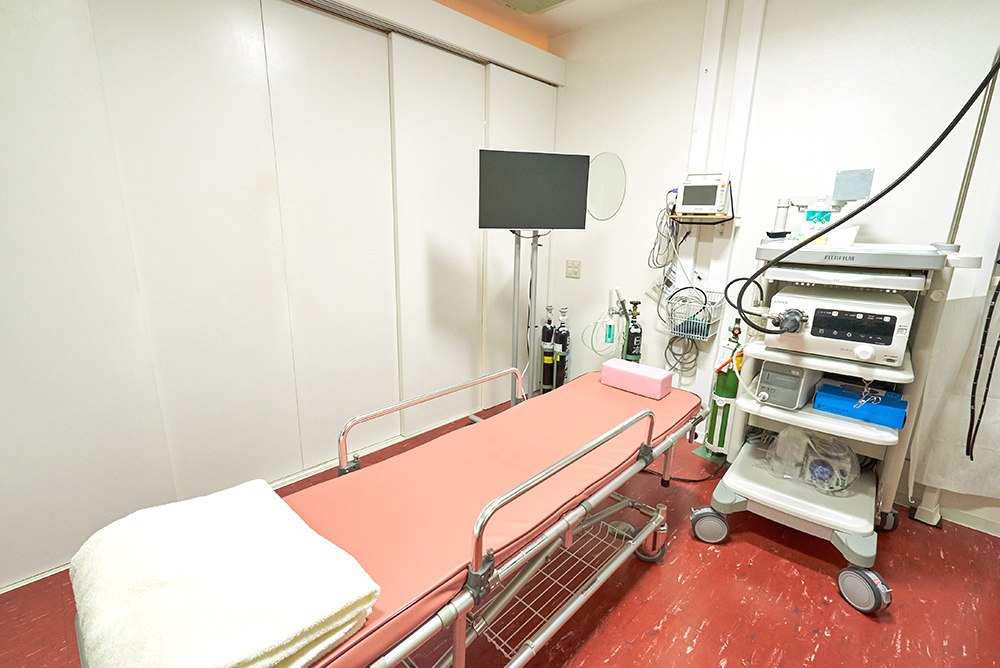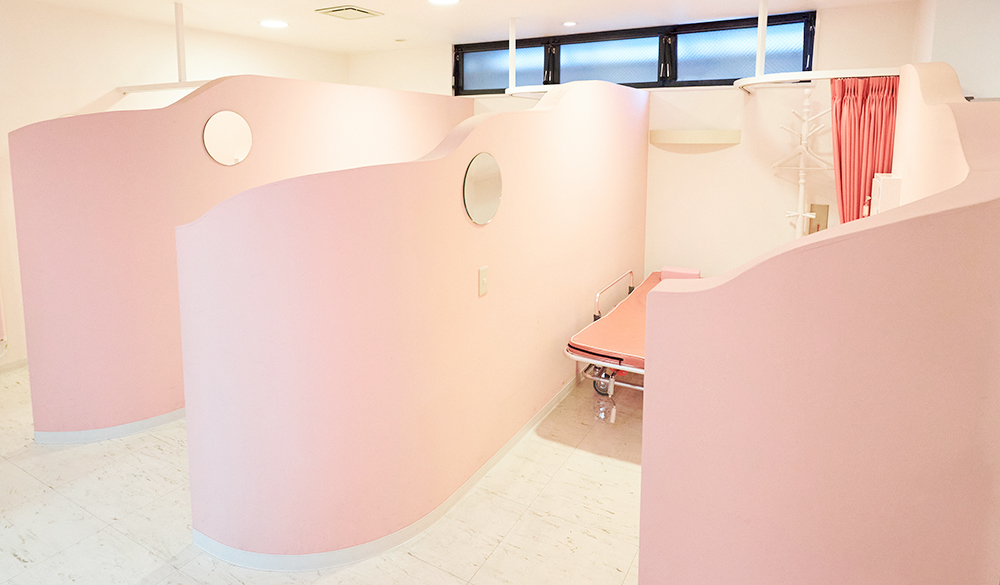Servicescovered by the insurance
Gastroscopy and Colonoscopy
We try to make endoscopic examinations as painless as possible.
Endoscopy is effective in detecting cancer in its early stages.
Because early-stage cancer has no symptoms, it is necessary to undergo endoscopy before symptoms appear to detect it early.
However, patients may not undergo the examination if it is painful, so we think it is essential to provide endoscopic examinations that are as painless as possible.
We inject stabilizers into patients so that they can undergo examinations while they are asleep. When we inject a stabilizer into a patient, the patient becomes drowsy. Most patients can complete the investigation while they are sleeping.
After the test is over, you will still be in a daze, and you would have slept for about 30 minutes.
After you wake up, the examination results will be explained to you using pictures of the endoscopy.
We try to satisfy patients who have had a bad experience with something before.
Gastroscopy and colonoscopy are available by appointment.
Please reserve your appointment by email.
( contactinoue-medical-clinic.com)
About Gastroscopy
Gastroscopy is an upper gastrointestinal endoscopy that observes the stomach, esophagus, and duodenum.
If we use a stabilizer, you will be asleep. You will become drowsy and should rest. During this time, we will complete the examination. You will be awake at about 30 minutes after the test.
If we do not use stabilizers, we will examine using a pharyngeal anesthesia.
About Colonoscopy
The colonoscope observes the ascending colon, transverse colon, descending colon, sigmoid colon, and rectum.
Because there is usually stool accumulation in these locations, it is necessary to remove the stools during the examination.
On the morning of the examination, you will take medication to clean out your abdomen.
We may need to be careful depending on the condition of your abdomen, so we will examine you beforehand to determine whether we can perform an examination.
For colonoscopy, we recommend that everyone take a stabilizer injection.
If we find polyps in the large intestine, we remove them as soon as possible because most polyps gradually increase in size and may become cancerous.
However, for slightly larger polyps, we cannot remove them at our clinic because of the risk of bleeding or perforation after removal.
In such cases, we will refer you to a hospital. We recommend that you have larger polyps removed at that hospital.


